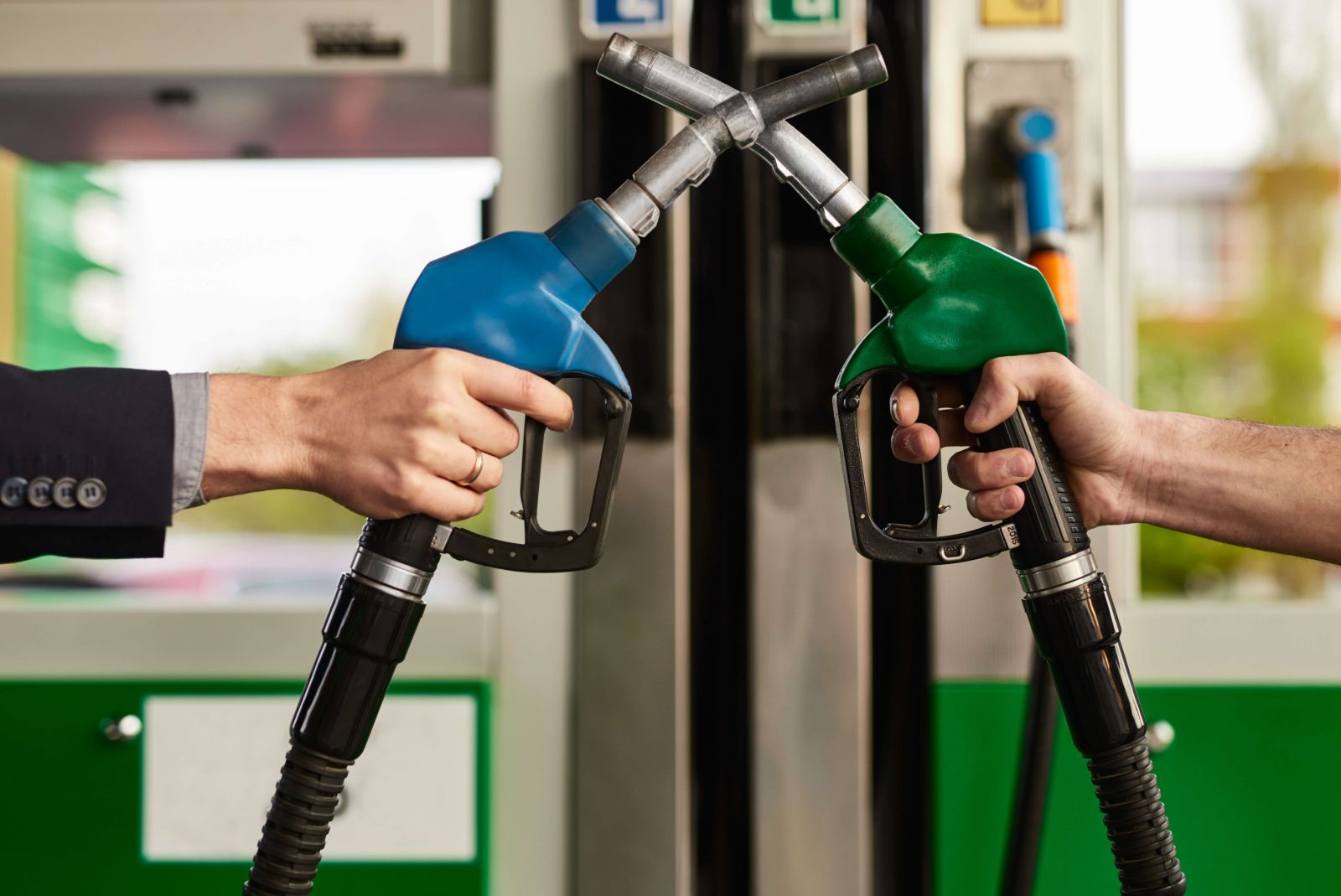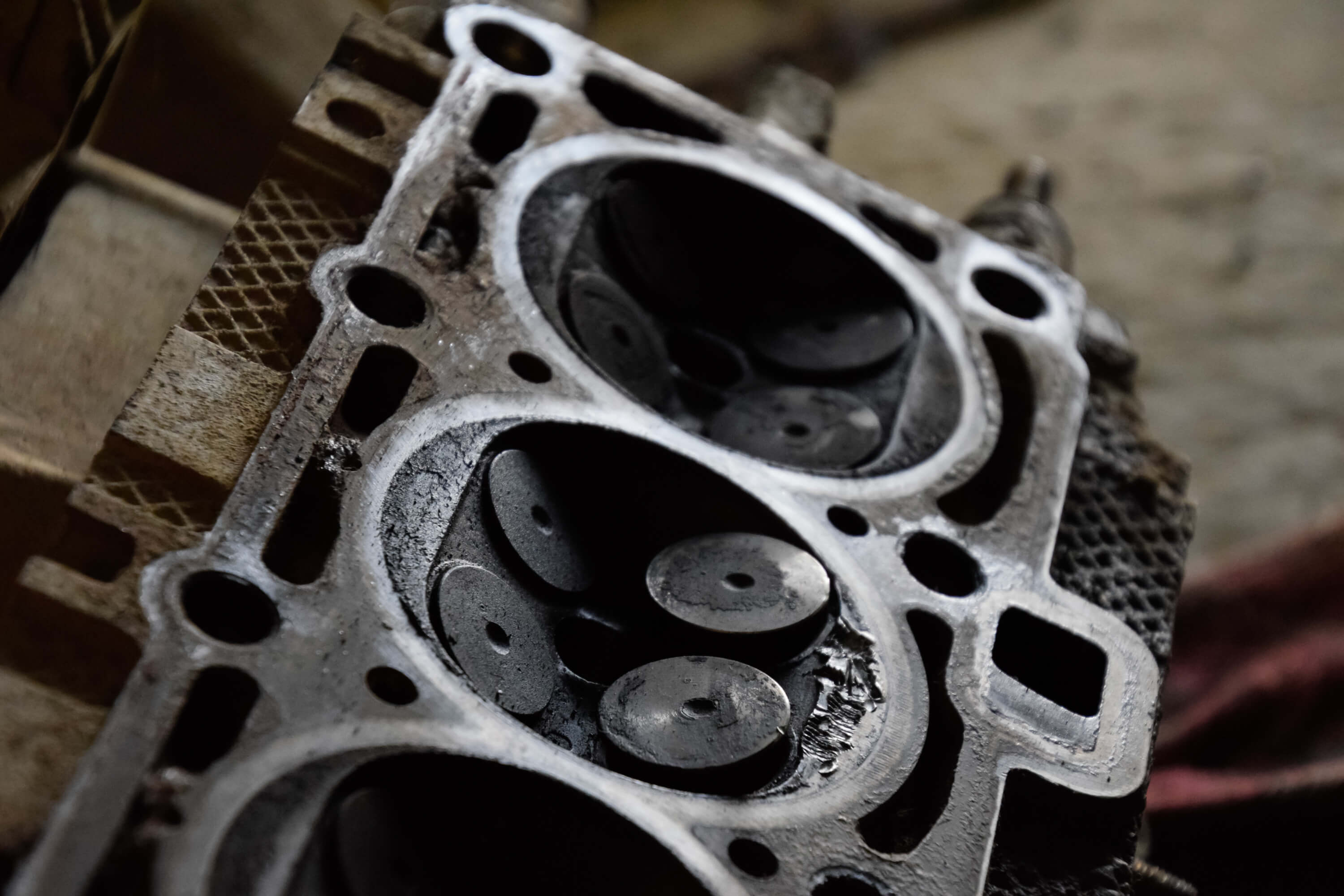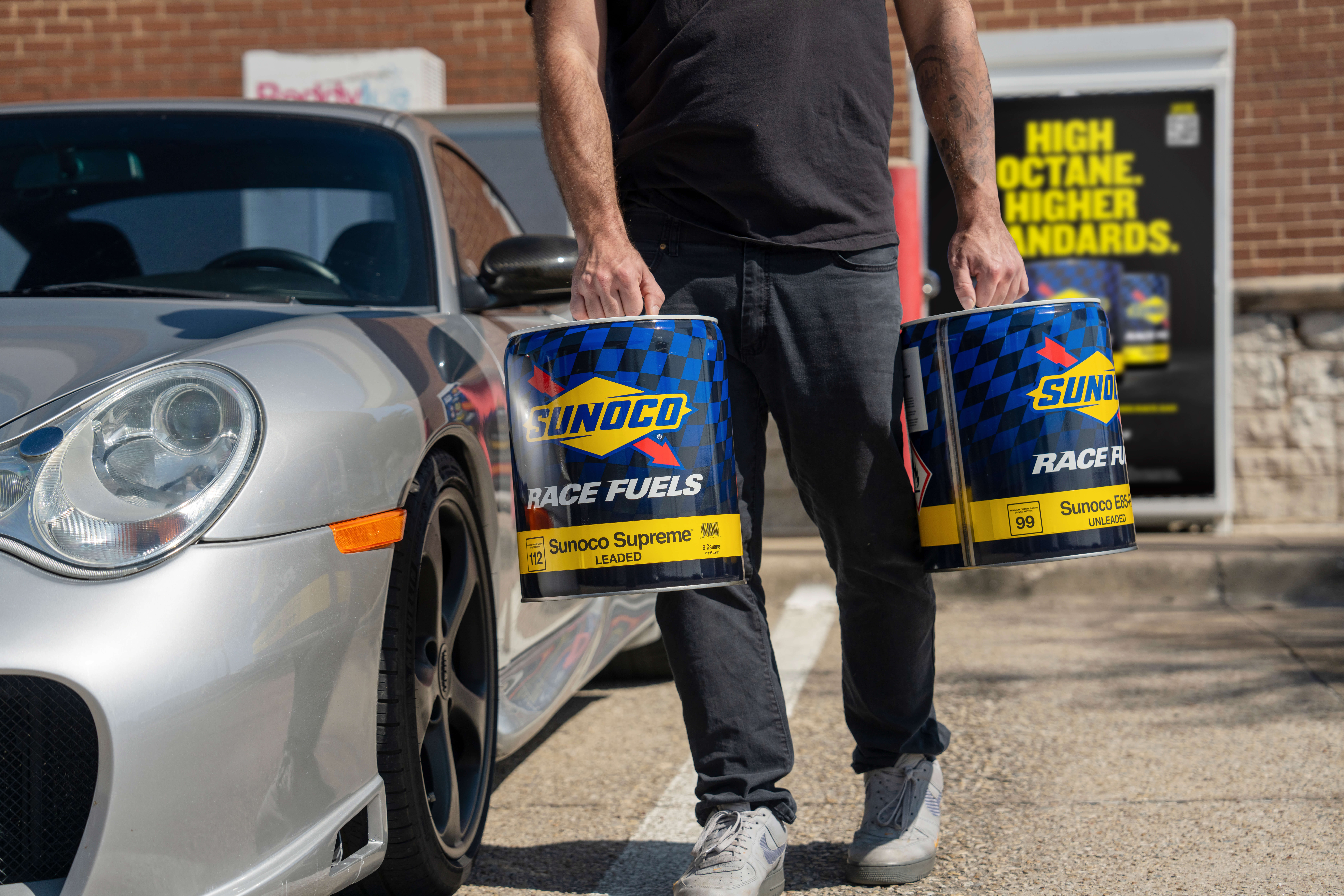Performance Fuels

Is All Premium Gas the Same?
- Category:
- Fuel Facts
Posted on 6/6/2024

Not all premium pump fuel is created equal. “Yes, it is,” you say, “the octane rating is right there on the pump.” Well, there’s more to fuel–even premium-grade fuel–than just the octane rating.
First, the octane rating of premium can vary: East Coast consumers usually have access to 93-octane fuel, while those west of the Mississippi often receive just 91 octane.
Fortunately, many modern cars can retune themselves to accept different octane ratings. For example, the Ford Focus ST spells out the differences in its owner’s manual: 252 horsepower on 93 octane and 243 horsepower on 87 octane. “If this is a linear difference, that would put 91 octane making 249 horsepower,” explains Zachary J. Santner, senior specialist of quality at Sunoco. “How about a 3-horsepower difference for East Coast versus West Coast fuels?”
But there’s other stuff in gasoline that can affect an engine’s performance–building blocks like, Santner notes, aromatics, and olefins. EPA regulations have allowed the aromatic content of pump fuel to range from zero to 50% volume, while olefins can range from zero to 25% volume. These levels can vary depending on the brand of fuel, location of station and time of year, as pump fuels are often blended at regional terminals with the exact recipe determined by season, location, additive package, and commodity prices.
“Fuels that can vary from zero to 50% aromatics and zero to 25% olefins will look and perform very differently,” Santner explains. “Aromatics are very dense and have a BTU/gallon content that is 20% higher than paraffins found in gasoline. This would mean that a fuel with 50% aromatics would be able to provide much better miles per gallon compared to a fuel with 0% aromatics.”
While it’s rare to find a fuel with aromatics at either end of the range, Santner does stress how it’s possible to find a wide variation among pump fuels–and why, when you see someone claiming dyno numbers between premium and regular fuel, other variables might come into play. (He also notes that Sunoco Race Fuels always follow the same recipe with zero variations.)




